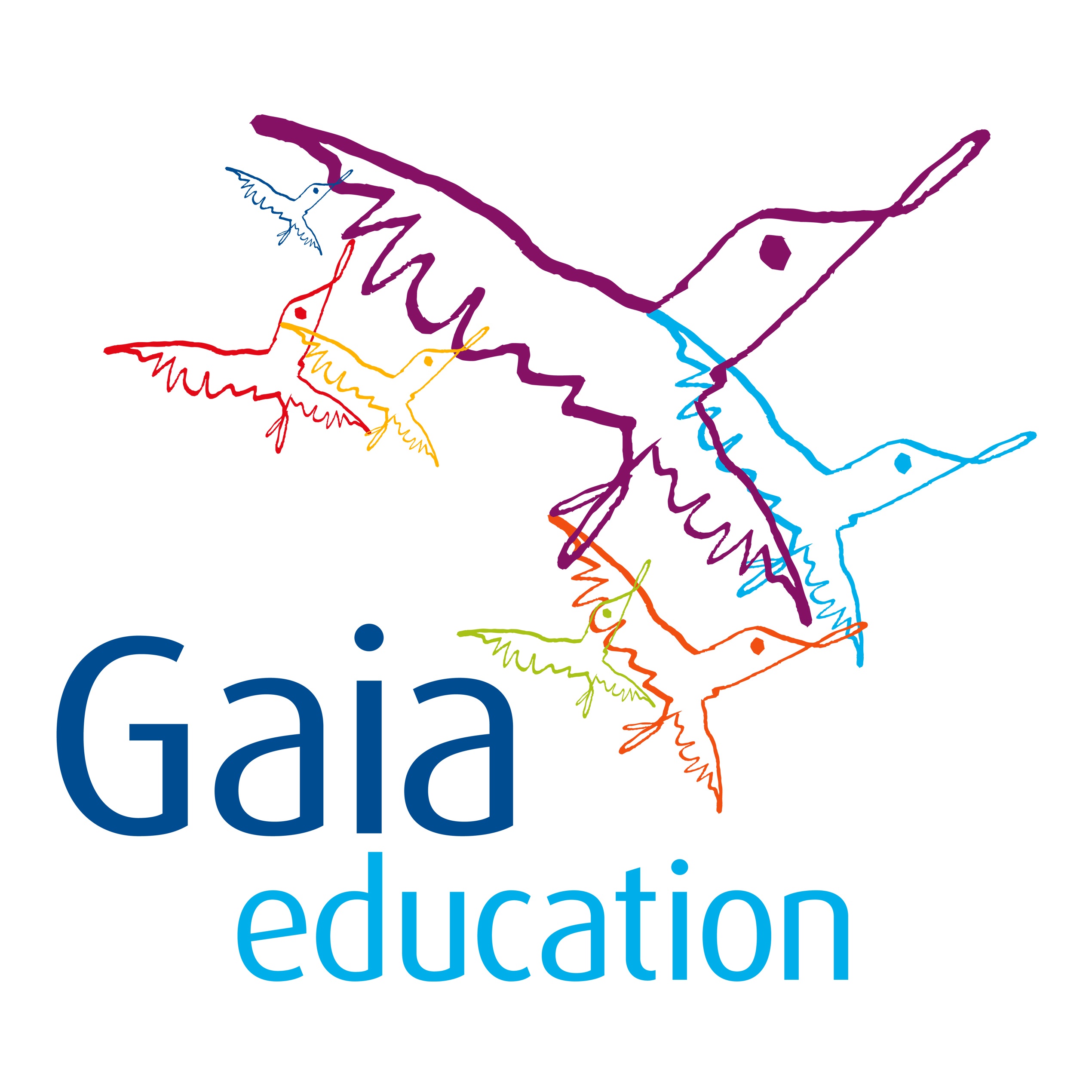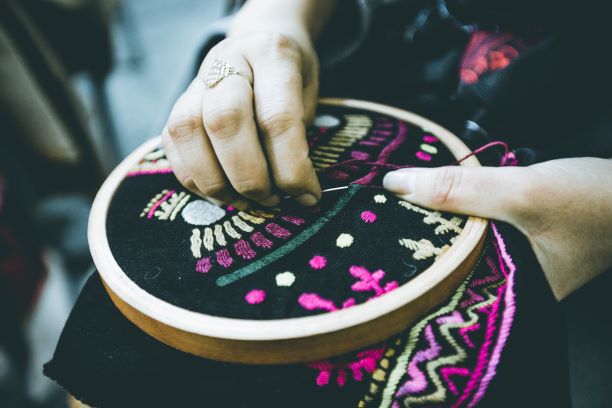Dr. Fiona Macpherson, Director at Kilcheran, writes about their new self-sustaining, long-term project in partnership with the women of Chitral. Isolated, mountainous, and strikingly beautiful, the Chitral region of northern Pakistan faces unique and complex social challenges, particularly for women.
Fatima is a mother of 5 living in the Chitral valley in the Hindu Kush. Belonging to a conservative family, she has never experienced formal education or work experience. Severe anxiety and depression are becoming things of the past as she participates in workshops at the Mahraka Centre and steps out of her house independently and starts to realise her potential.
“For the first time in my life, I feel worthy…I have the skills and connections to make an income.”
Zainab, a young women belonging to a lower caste and poor background, lost her parents in childhood. The eldest of six siblings, she supports the family from hand embroidery endeavouring to educate her younger siblings from savings.
“The Mahraka Centre has given me new skills and new opportunities, which have increased our household income. I have recently bought a new sewing machine!”
Isolation is contributing to a plague of mental health issues as women are squeezed between a “Can Do“ world of internet and global connectivity and a “Can’t Do” reality of poverty, cultural, educational, and social taboos.
Mahraka, means community gathering, and creates a judgement free space of sisterhood and safety. It provides support, mentorship, training, encouragement and opportunities to draw on their strengths, to create livelihood and to make a difference. It opened in July 2019, a co-designed project between Kilcheran, sustainability facilitators based in Scotland and Kho and Kalashi, a women’s co-operative in Chitral. “Sustainable Community Development Forums” with women of all ages have been key to identify their needs.
Kilcheran has specialised in piloting sustainable development social enterprises in Scotland that meets the needs of local communities, including lack of employment, social isolation and mental health issues. These have been developed into blueprints which can be replicated anywhere. This has resulted in the speedy development of projects in Chitral reducing the time, effort and costs significantly. Mahraka has replicated 3 blueprints one facilitating product development leading to the new embroidery product range, another replicating “Lily’s” pop-up café designed to address loneliness, isolation and mental health issues and “Greenwaves” working on much needed environmental issues in the area where there is zero infrastructure for recycling.
Training in product development, screen-printing, sewing and quality of finished articles has resulted in a range of embroidery products to be released through a crowd funding campaign on 8th March, International Women’s Day (IWD). Manufacturing will ripple through the 500 strong membership of the women’s co-operative, their way of celebrating the IWD theme of “creating a gender equal world.” The product range is named ”Fusion” to celebrate the collaboration between Scotland and Pakistan.
Thanks to the Marhaka centre Fatima, Zainab and others like them have a new future – of hope, of livelihood and most importantly a voice and opportunity to make a difference.
The focus of all of these initiatives is poverty alleviation, women’s equality and livelihood creation, fulfilling Kilcheran’s priority agenda of the UN’s Sustainable Development Goals.


